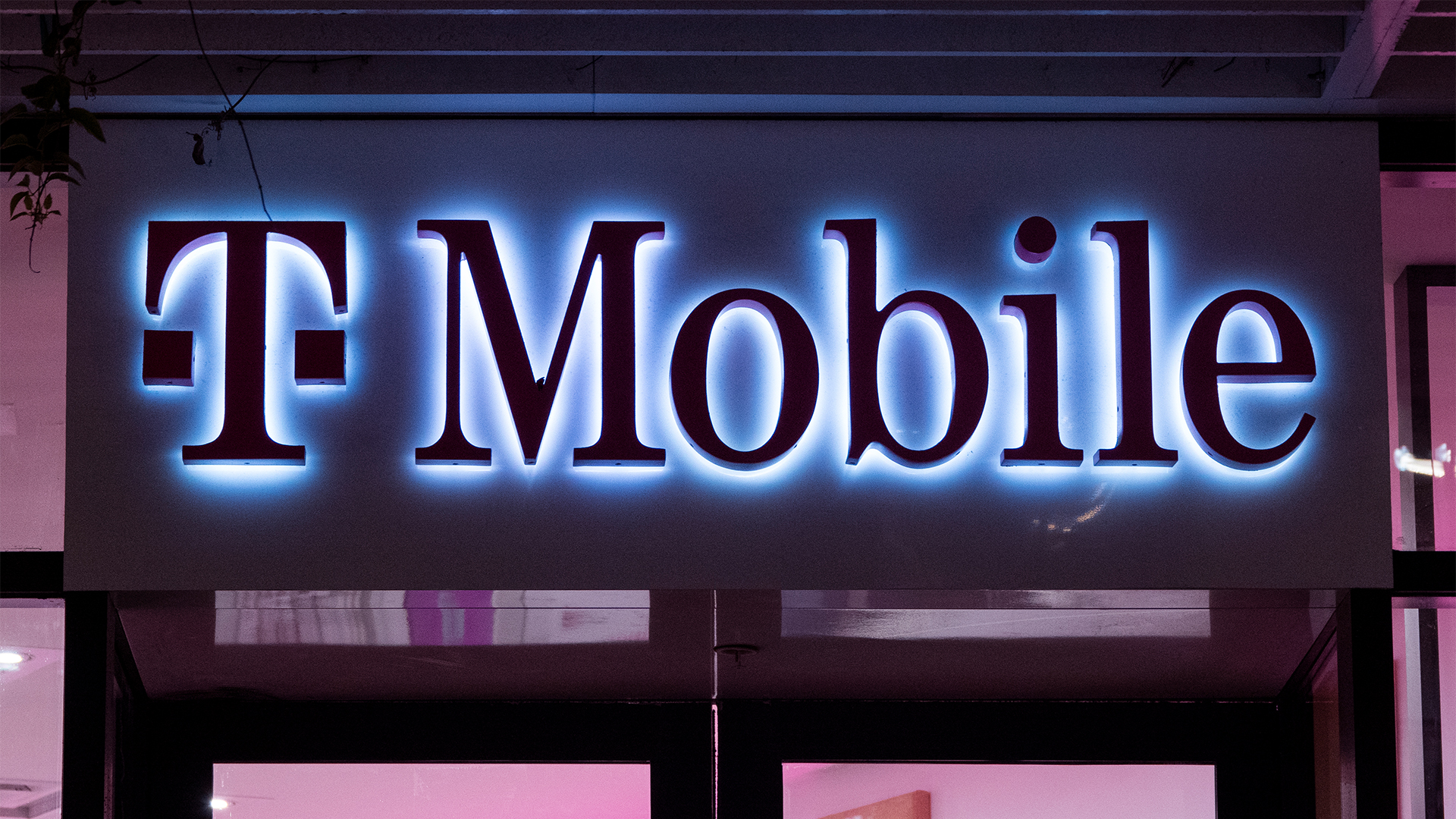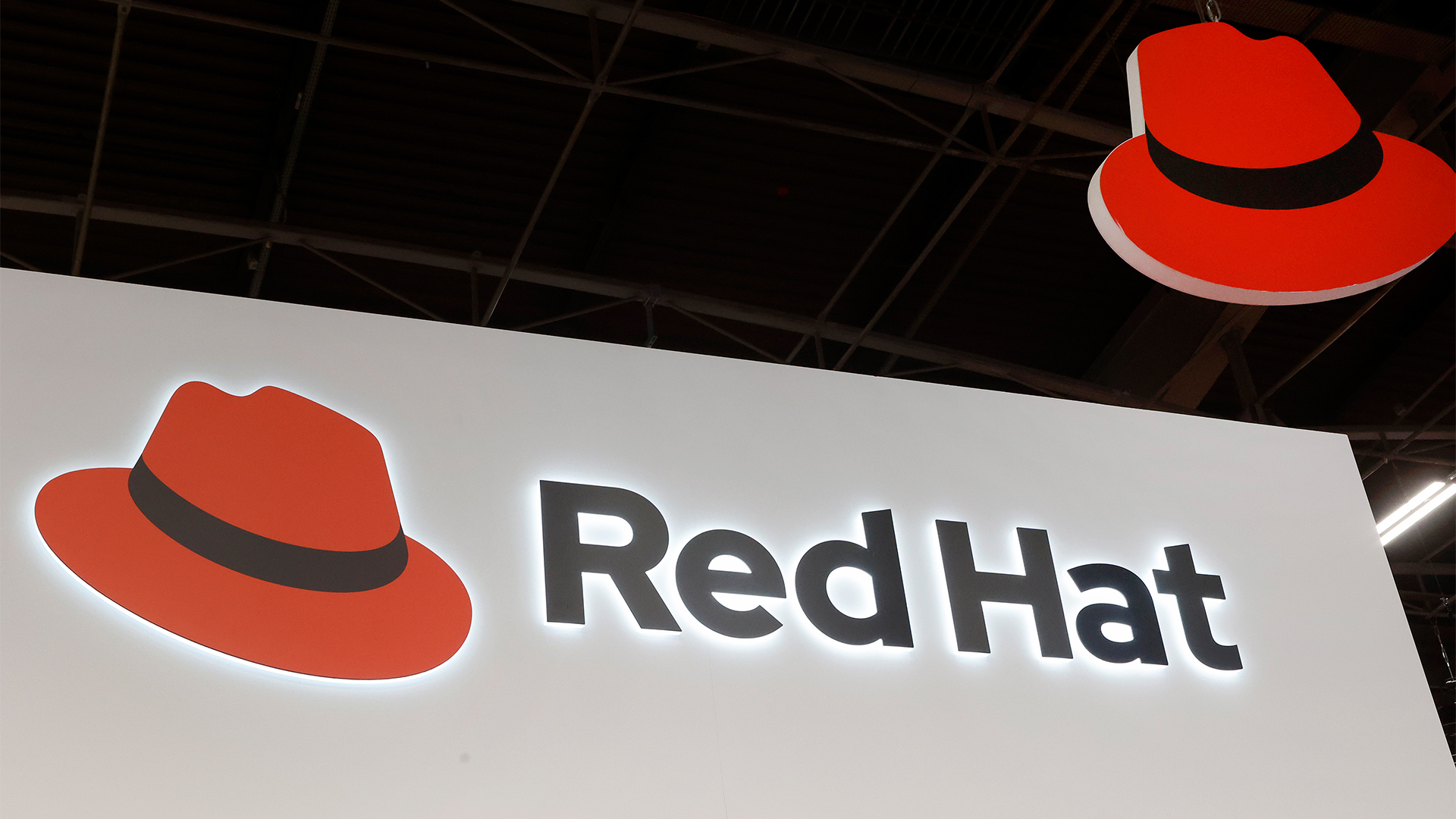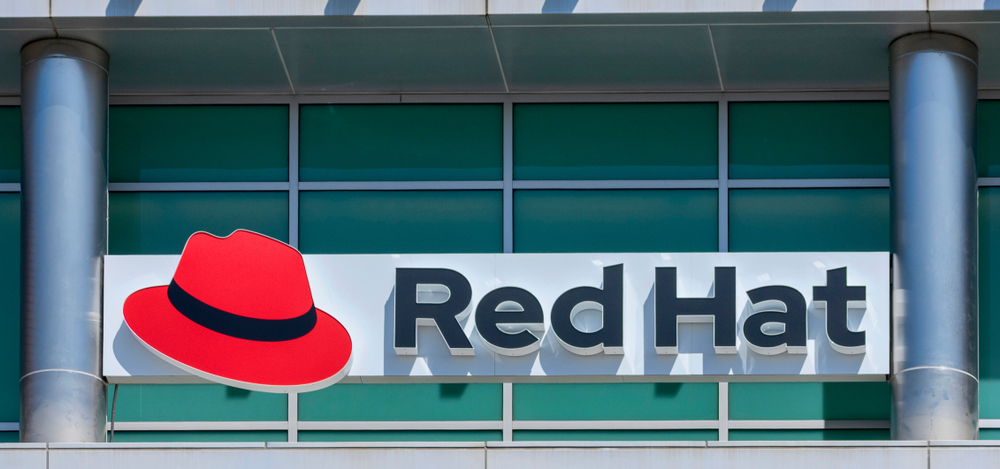T-Mobile dials up cloud efficiency drive with Red Hat OpenShift deal
The telco giant hopes to cut costs, accelerate time-to-market for new services, and improve productivity


T-Mobile has selected Red Hat OpenShift Platform Plus to power its common telco cloud across its core and edge operations.
The telco giant said the deal will help it automate operations, support cloud native 5G applications ,and unlock new opportunities in edge computing, private networks, and IoT.
Meanwhile, the firm hopes to reduce costs and accelerate time-to-market for new applications and services.
"T-Mobile’s multipurpose cloud will bridge us from a traditional telco to a dynamic techco, exposing previously untapped innovation while enhancing operational efficiencies," said Lori Ames, senior vice president, cloud, IP & transport technology at T-Mobile.
"By partnering with best-in-class providers like Red Hat to leverage cloud native agility, automation and AI-driven insights, we’re redefining connectivity for the digital economy by meeting our customers where they need us."
The common telco cloud can help keep costs low by consolidating and standardizing infrastructure across various workloads, including end-to-end automation for greater operational efficiency.
Standardized training, support, compliance, and security capabilities across all stacks should help reduce risk and complexity in managing diverse telecom workloads, the firm said.
Get the ITPro daily newsletter
Sign up today and you will receive a free copy of our Future Focus 2025 report - the leading guidance on AI, cybersecurity and other IT challenges as per 700+ senior executives
T-Mobile also expects to accelerate the roll-out of new services, thanks to simple certification, pre-validation, and lifecycle management processes including integration of VNFs, CNFs, and IT applications.
It also promises greater scalability and flexibility in hybrid multi-cloud environments to enable more reliable, carrier-grade services to meet telecommunication service provider’s needs.
"As telecommunications service providers face increasing demands for cloud flexibility, consistency and cost optimization, Red Hat OpenShift provides a standardized, scalable foundation to drive efficiency and innovation," said Fran Heeran, vice president, global telecommunications, at Red Hat.
"By collaborating with T-Mobile to power its common telco cloud, Red Hat will help unlock new opportunities for streamlined operations, faster service delivery and a simplified approach to managing diverse workloads across the core network."
T-Mobile eyes closer open source ties
Notably, T-Mobile said the deal will make it easier for telecommunications service providers to interact with a broader array of open source technologies and communities, including a direct pipeline for requests and feedback upstream.
All told, this means telcos will have access to a unified, standards-based environment that will deliver more efficient development, testing, and deployment while simplifying workload integration and speeding up certification processes.
Cloud computing investment in the telecoms sector has increased significantly in recent years, with providers seeking to improve agility and flexibility while delivering cost efficient services.
RELATED WHITEPAPER

Recent analysis from Juniper Research, for example, predicted telcos will spend upwards of $65 billion on cloud services by 2028.
This investment comes at a critical time, with the expansion of 5G networks and the arrival of cloud native 6G networks expected to rapidly increase the volume of cellular data.
The study noted that more than half of cellular data will be serviced by cloud-based systems by the end of the decade.
MORE FROM ITPRO
- Red Hat launches Build module as part of partner program refresh
- T-Mobile security chief insists its defenses stood up to Salt Typhoon attacks
- The secret to Red Hat’s success: Trust, trust, and more trust
Emma Woollacott is a freelance journalist writing for publications including the BBC, Private Eye, Forbes, Raconteur and specialist technology titles.
-
 Bigger salaries, more burnout: Is the CISO role in crisis?
Bigger salaries, more burnout: Is the CISO role in crisis?In-depth CISOs are more stressed than ever before – but why is this and what can be done?
By Kate O'Flaherty Published
-
 Cheap cyber crime kits can be bought on the dark web for less than $25
Cheap cyber crime kits can be bought on the dark web for less than $25News Research from NordVPN shows phishing kits are now widely available on the dark web and via messaging apps like Telegram, and are often selling for less than $25.
By Emma Woollacott Published
-
 Orange eyes cloud native gains with Red Hat deal
Orange eyes cloud native gains with Red Hat dealNews Orange has signed a deal with Red Hat to enhance the underlying common telco cloud foundation for Orange International Networks.
By Emma Woollacott Published
-
 Red Hat Enterprise Linux is coming to the Nutanix Cloud Platform — here’s what you need to know
Red Hat Enterprise Linux is coming to the Nutanix Cloud Platform — here’s what you need to knowNews The Nutanix Cloud Platform will now leverage Red Hat Enterprise Linux for traditional operating system capabilities
By Daniel Todd Published
-
 Realize the full value of your hybrid cloud
Realize the full value of your hybrid cloudWhitepaper An open hybrid cloud platform from IBM and Red Hat is a catalyst for innovation and business value
By ITPro Published
-
 Red Hat offers free hybrid cloud training to partners
Red Hat offers free hybrid cloud training to partnersNews The company will be building its free curriculum throughout the year and believes the skills can be used to add significant value to partner offerings
By Connor Jones Published
-
 Red Hat Kubernetes management update aims to boost hybrid cloud automation
Red Hat Kubernetes management update aims to boost hybrid cloud automationNews Red Hat Advanced Cluster Management for Kubernetes 2.3 also promises tighter integration with Red Hat Ansible Automation Platform
By Rene Millman Published
-
 Red Hat launches OpenShift 4.8
Red Hat launches OpenShift 4.8News The updated Kubernetes platform will feature more dev tools and pipeline enhancements
By Rene Millman Published
-
 Red Hat offers virtual machine admins a new migration toolkit
Red Hat offers virtual machine admins a new migration toolkitNews The toolkit provides businesses with an easy way to transfer their virtualized infrastructure into OpenShift
By Danny Bradbury Published
-
 Red Hat pushes hybrid cloud to the edge
Red Hat pushes hybrid cloud to the edgeNews OpenShift support extended to more cloud environments
By Rene Millman Published